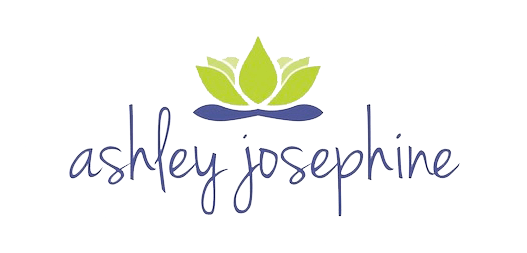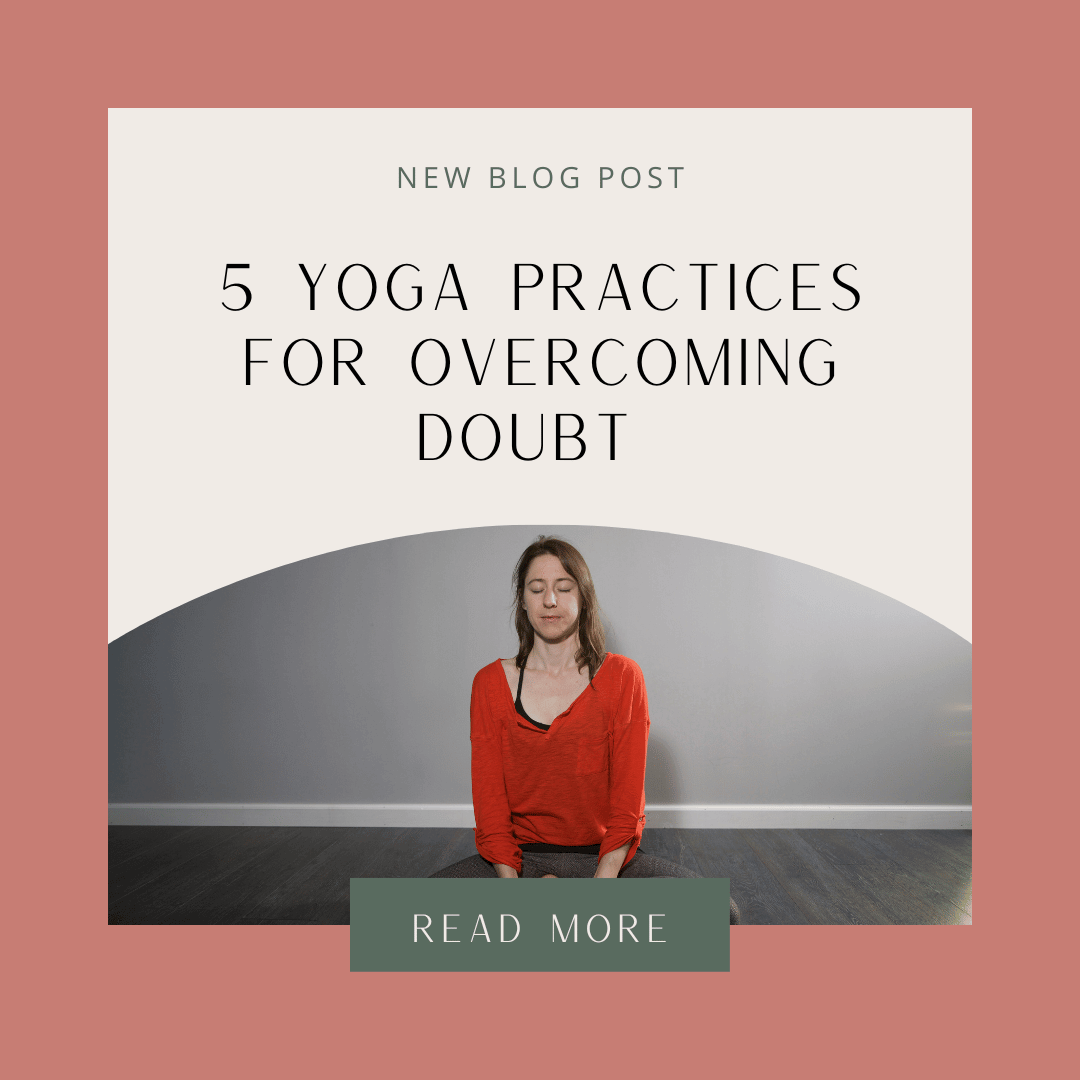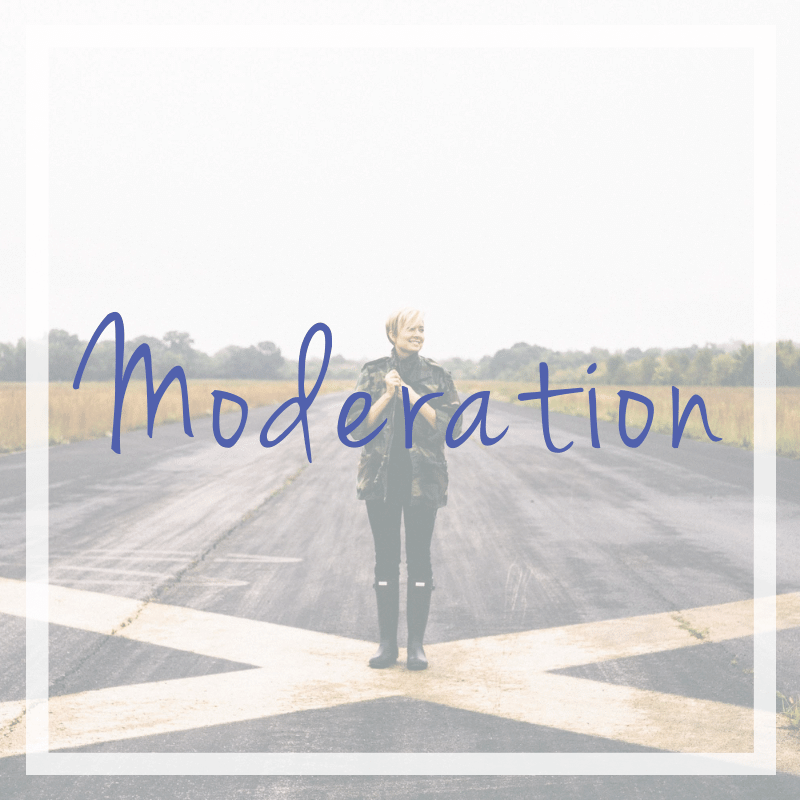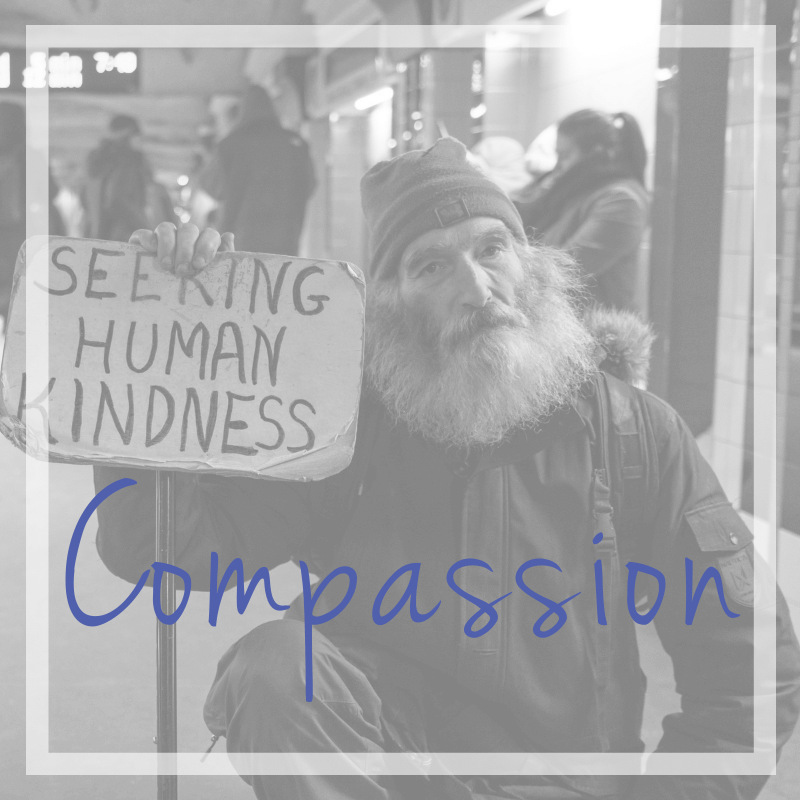Reflection is a central principle in most world religions. Prayer is a form of reflection. Meditation practices include contemplation. Rituals revolve around remembering. Devotion to any form of God includes embodying the virtues represented by your chosen deity.
When we think of the word reflection, we often think about all the things that have happened to us–the good and the bad. We use this practice as a way to help glean insights into how we can move forward and better align with who we want to be. And that’s a helpful practice. But reflection also means to reflect a quality back out into the world. A mirror shows you how you are presenting to the world at any given time. Your life, in any given moment, is a reflection of all the choices you have made up until that point, all the principles you’ve cultivated to get there, and your experiences.
Reflection is not just a practice of mining the past in order to prepare for the future. It’s a practice of aligning to the present and actively choosing how you want to show up right now. You reflect not just for yourself, but for everyone in your life.
How I use reflection in my life
Over the course of the past few years I’ve added reflection rituals to my work routine. It started with a seasonal check-in every every three months when I would sit down and review what I had accomplished and contemplate how I wanted to show up in the coming three months. This allowed me to align with the energy of the season and acknowledge all the progress I had made. I hold notoriously high expectations of myself and others and it’s far too easy for me to forget all the good stuff that happens and focus on the misfires instead.
This practice was so useful in helping me stay on track that I started to reflect more frequently. Today, I do weekly, monthly, quarterly, and one big yearly reflection in which I make time to remember all of the good, learn lessons from what didn’t work, and plan for how I want to move forward. Even though I do this as part of my business, it naturally bleeds over into my personal life too. As someone who embodies yoga as a lifestyle rather than a set of pre-defined practices, I take extra care to make sure I’m reflecting on the very principles I write about each week to make sure I’m modeling what’s most important to me in my life, my teaching, and my business. Therefore, reflecting doesn’t stop once I’ve journaled. It begins in every moment when I choose to invoke the principles that will help me lead in alignment with who I want to be.
The Sutra
Sutra 2.44: When you really dedicate yourself to sacred study and mantra recitation, you will come into contact with your chosen deity.
This sutra describes svadhyaya, a Sanskrit word often defined as self-study, which is one of the Niyamas, and the second step in the process of Kriya Yoga. In the context of the Kriya Yoga process, svadhyaya comes after disciplined action (tapas) and before surrender (ishvara pranidhana).
In Sutra 2.44, self-study refers specifically to the study of sacred scriptures, such as the Yoga Sutra, Bhagavad Gita, the Holy Bible, the Koran, the Torah, or any other scripture that is important to you in your tradition, as well as mantra recitation, which was how early yogis in the Vedanta tradition showed their devotion to their Gods. Today, you can think of mantra recitation as prayer. According to this sutra, if you study the scriptures and stay consistent in your devotion to God (however you define it), you will come into contact with your chosen deity. Although this sounds esoteric, it simply means you will establish a firm relationship with your God. This is important because, in establishing relationship, you establish the foundation required to reflect God’s qualities. Of course, this is an ongoing practice, and because you are human, you won’t always be able to be perfect. But, in remembering who you want to be through reflection practices, you gain the inspiration to act in accordance and in alignment with your True Self.
Add reflection to your practice and teaching
To include reflection more regularly in your personal yoga practice, consider setting aside time for journaling, meditation, prayer, and silence. Make it formal so that it doesn’t get lost in the sea of to-do’s we come up against every day. Ritualize this practice just like you do with yoga asana. When we practice asana we often set up our space, sit down on a designated mat, and begin in similar ways each time. With reflection, perhaps you light a candle, get our your mala beads, or open a special journal reserved just for these personal reflections.
As a teacher, offer space at the beginning or end of practice for people to reflect. This may be presented slightly differently than formal meditation or savasana. Guide people to reflect on their day and then leave space and silence for that reflection to happen. Introduce some of the principles of yoga and ask your students to consider how they engage with these principles in their own life or how they’d like to embody them. If you really love reflection, you might even dedicate an entire special class or workshop to reflecting. There are so many ways to integrate this important principle into the practice of yoga.
Put it into practice
Here are a list of reflection questions you can use to help guide your own personal reflections or to offer your students in an upcoming class.
- Write down everything that has happened in the last month, week, or day. Spend extra time thinking about the good things. If something bad happened, what is the lesson you took away from that experience?
- How can you practice being more present in your life? What specifically will you do to make it happen?
- What are your core values in life and are you living in alignment with them? What can you do to either better define your core values, remember your core values on a daily basis, and embody them?
- What does it mean to you to connect with your True Self? Who are you?
- What do you really want in your life right now?
- What are you grateful for?
- What is your purpose in life and are you living in service of your purpose?





